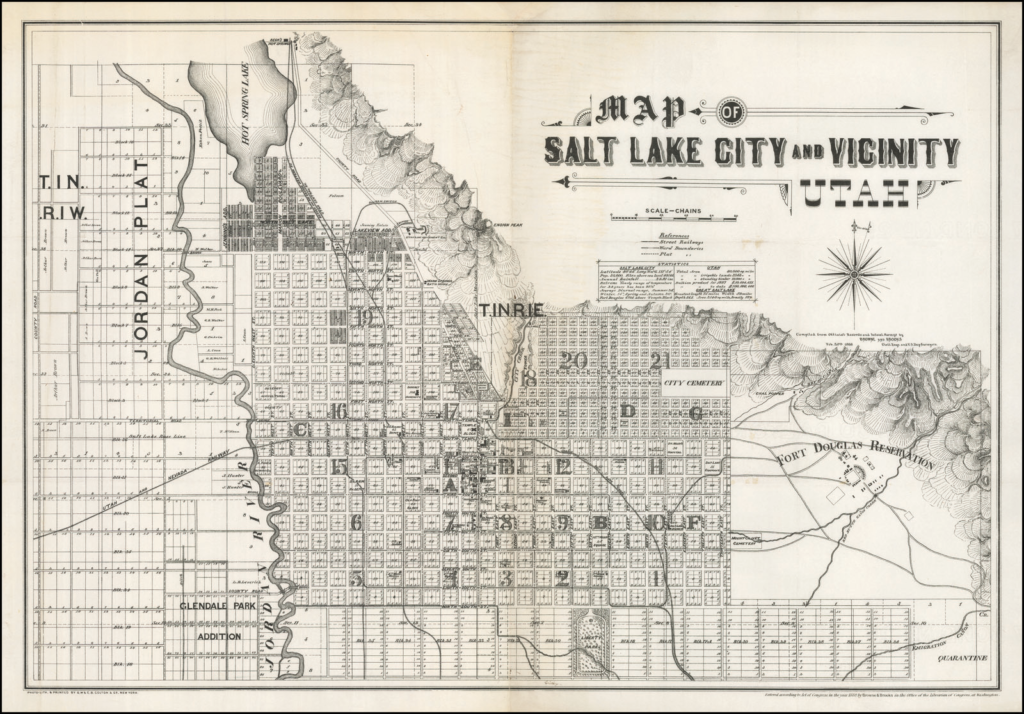
The U is set to expand its footprint in a historic land deal, acquiring the last 50 acres of Fort Douglas in a move that will reshape the campus landscape for generations to come.
The complex transfer required action from both the Utah State Legislature and the Utah Governor’s Office, as well as the U.S. Congress. Using state funding, the U will build a $100 million headquarters for the Army Reserve at Camp Williams in Bluffdale, Utah, clearing the way for the military to vacate the remaining acres it occupies just east of the university campus.
“This land transfer is a testament to the strong relationship between the University of Utah, our elected leaders, the Utah National Guard, and the U.S. Army Reserve,” U President Taylor Randall HBA’90 said at a groundbreaking at Camp Williams last August.
For more than 150 years, the fort and the university have been intrinsically linked. At one point, the fort stretched over 10,500 acres, and in 1898, the U received its first 60 acres of Fort Douglas land, which became its permanent home. Now, the U surrounds the remaining 50 acres of original fort property.
Over the years, the land transfers have significantly shaped the university’s growth. In 1962, land for the University of Utah Medical Center was granted to the U, now home to the University of Utah Hospital, Spencer Fox Eccles Medical School, College of Nursing, College of Pharmacy, and more. In 1968, 320 acres for Red Butte Garden and Research Park became U property. The historic Officers Circle, transferred to the U leading up to the 2002 Winter Games, served as part of that year’s Olympic Village and is now student housing.
As the U plans for the future use of the final 50 acres, it remains committed to preserving the fort’s legacy while creating more “college town magic.” The U envisions projects including research and lab space for the health sciences, additional student housing, and recreational spaces. Fort Douglas’ historic chapel, parade field, cemetery, and museum will be maintained, ensuring that this shared history continues to be honored as the university grows and evolves into the future.



Comments
Comments are moderated, so there may be a slight delay. Those that are off-topic or deemed inappropriate may not be posted. Your email address will not be published. Required fields are marked with an asterisk (*).